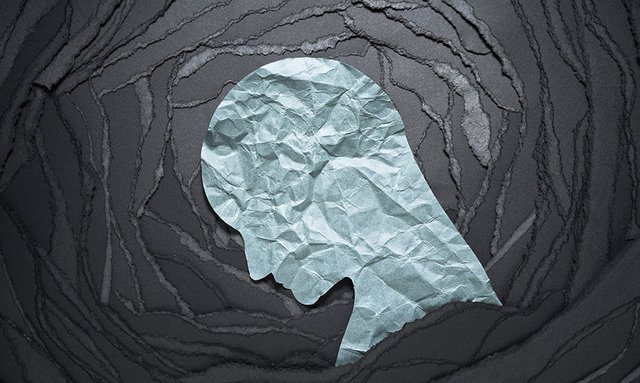Top 6 Coping Strategies for Anxiety
Anxiety is a common condition that can affect daily life in many ways, from persistent worry to physical symptoms like a racing heart or muscle tension. It can interfere with your routine and diminish your overall sense of well-being. However, with the right coping strategies, it is possible to manage triggers and find relief from symptoms. While professional support is often beneficial, there are also many effective techniques individuals can use to manage anxiety and improve emotional health. Here are six strategies worth considering:
1. Practice mindfulness and meditation
Mindfulness involves focusing on the present moment without judgment. Engaging in meditation or mindfulness exercises is an effective way to calm racing thoughts and ease anxiety. Breathing techniques, in particular, are among the most powerful relaxation methods for managing anxiety. They help release muscle tension, lower heart rates, and reduce stress hormone levels. Deep breathing and box breathing are two widely used techniques. Practicing these consistently not only improves emotional regulation but also sharpens mental clarity and builds resilience against anxiety triggers. Even just a minute or two of mindfulness each day can foster a greater sense of balance and control.
2. Seek professional support
Seeking professional help for anxiety may be the turning point you need. Research has shown that therapy is highly effective in treating anxiety. A recent meta-analysis of ten studies involving 1,250 participants found that cognitive behavioral therapy (CBT) is particularly beneficial. A qualified mental health professional can provide personalized strategies and coping mechanisms tailored to your specific symptoms. Counseling can help identify the root causes of your anxiety and equip you with the most effective tools to manage it. Consider consulting an experienced and trusted anxiety psychiatrist for a smooth process and the best possible outcomes.
3. Physical activity
The body's stress response triggers an increase in certain hormones, particularly cortisol. One of the many benefits of exercise is its ability to promote hormonal balance. By shifting your focus from your thoughts to physical movement and bodily sensations, you can find relief from anxiety. Low-impact exercises like brisk walking, yoga, and tai chi are especially effective in reducing stress and anxiety symptoms. Even short bursts of physical activity, such as squats, push-ups, or jumping jacks for 30 to 60 seconds, can elevate your mood and calm your mind. Additionally, exercise supports better sleep, which is crucial for managing anxiety. Integrating even small amounts of movement into your daily routine can have a profound impact on both your mental and physical well-being.
4. Practice positive self-talk
Practicing positive self-talk can significantly transform how one navigates anxiety by shifting negative thought patterns into more constructive ones. Many individuals tend to be overly self-critical, and anxiety often amplifies this inner doubt. Developing the habit of positive self-talk allows one to find silver linings in difficult situations, reframe their perspective, and focus on their strengths. Simple affirmations like "Fear is just an emotion; it doesn’t control me," or "I trust in my strength," can reinforce confidence and resilience. Making positive self-talk a regular practice not only enhances self-esteem but also fosters a calmer, more optimistic mindset, which is crucial for managing anxiety effectively.
5. Use grounding techniques
Like exercise, grounding techniques help you reconnect with physical sensations, drawing your attention away from stressors. One effective method is the 333 rule, which involves consciously noticing three things you can see, three things you can hear, and three things you can feel. Take at least a minute to focus on each sensation before moving on to the next. This practice encourages mindfulness, helping to calm the mind and bring a sense of stability during moments of anxiety.
6. Get adequate sleep
Anxiety is often a leading cause of disrupted sleep, creating a harmful cycle in which poor sleep exacerbates anxiety symptoms, while heightened anxiety makes it harder to rest. According to the American Psychological Association (APA), this cycle can contribute to chronic insomnia. Striving for 7 to 9 hours of quality sleep each night is essential. If winding down in the evening proves difficult, establishing a calming and consistent bedtime routine may help. Consider maintaining a fixed sleep schedule by going to bed and waking up at the same time daily, ensuring your bedroom is quiet, dark, and comfortable, and avoiding stimulating activities or screens at least an hour before bed. Sleep aids such as blackout curtains, white noise machines, or guided meditations may also improve sleep quality.
